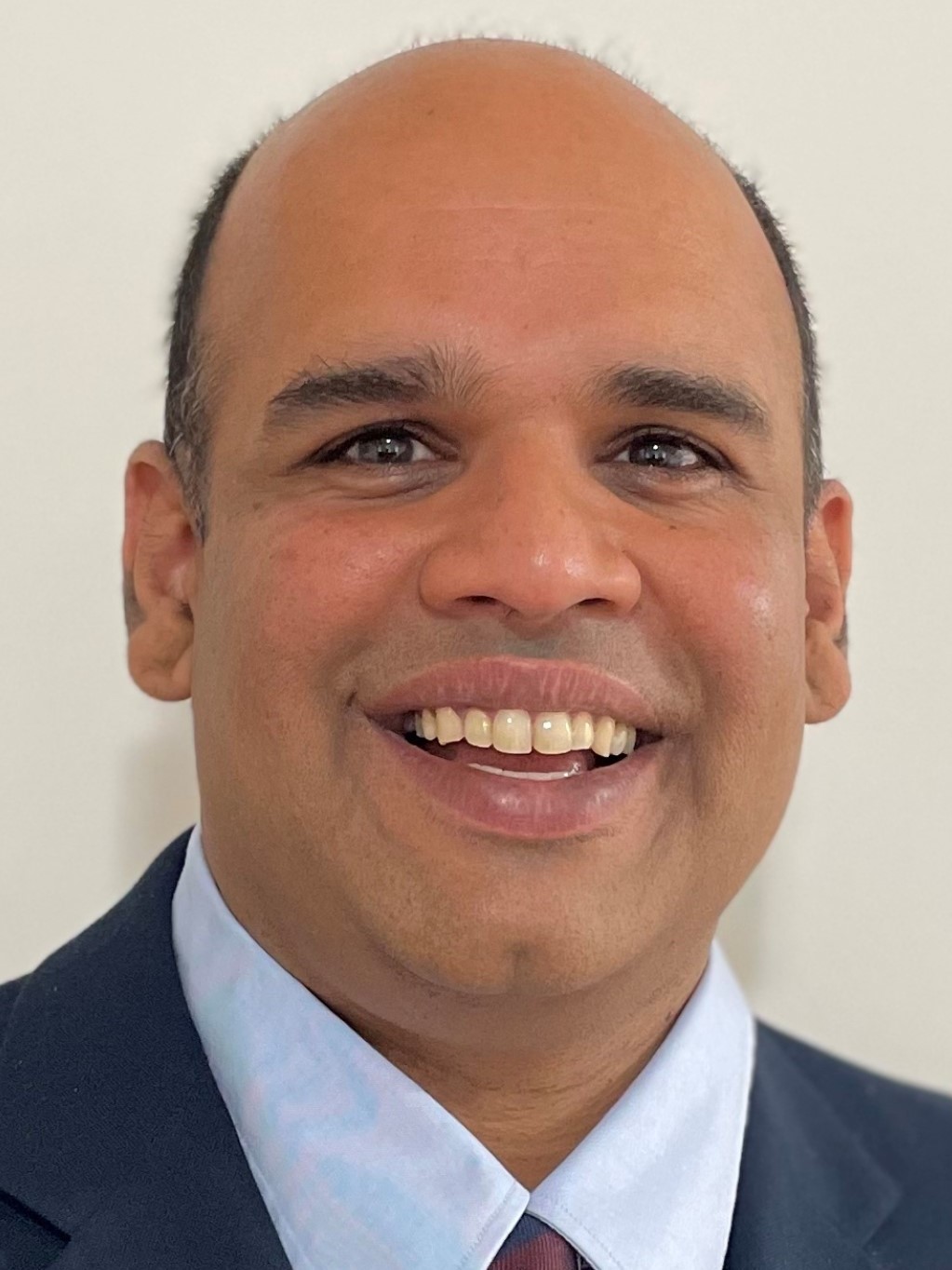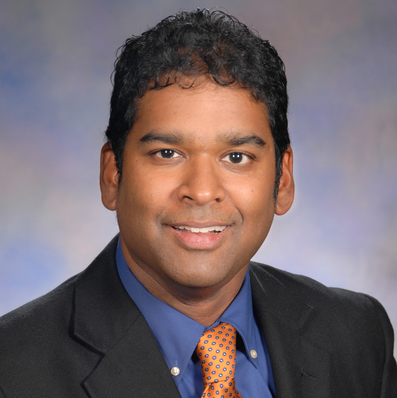Keynote Speakers
Rethinking Resilience in 6G Design: The Missing Link for Mission-Critical Applications
In this keynote, I will redefine resilience in the context of next-generation wireless networks, distinguishing it from related concepts such as robustness and reliability, while highlighting how security is inherently embedded within resilience. I will explore the tension between efficiency, complexity, and resilience, revealing how the relentless pursuit of superior performance has led to overly intricate designs that inadvertently compromise the ability to withstand disruptions. By identifying the structural and systemic traits that characterize truly resilient networks, I will offer a roadmap for how 6G design must evolve to integrate resilience as a foundational principle.
Finally, I will introduce practical frameworks for quantifying resilience, equipping researchers and engineers with tools to embed this critical attribute into the DNA of 6G systems. This keynote is a call to action—a rallying cry to rethink the priorities driving 6G innovation. By striking a deliberate balance between efficiency, complexity, and resilience, we can ensure that 6G not only delivers on its promise of performance but also becomes a transformative technology capable of thriving in the most demanding, high-stakes environments.


Venkatesh "Venki" Ramaswamy
Venkatesh “Venki” Ramaswamy is the Distinguished Chief Technologist for NextG at The MITRE Corporation in Bedford, Massachusetts, where he leads research and development in 5G/6G wireless technologies, artificial intelligence (AI), and spectrum innovation. With over 22 years of experience in the telecommunications industry, he has held technical leadership roles at top technology companies, startups, and research institutions, driving advancements in next-generation connectivity and intelligent systems.
Dr. Ramaswamy is an active member of the ATIS/Next G Alliance Research Council, contributing to the development of a comprehensive North American 6G strategy. He also serves as an industry researcher at the NSF Edge AI Institute, where he explores the integration of networking and AI to enable transformative applications like autonomous systems and smart infrastructure.
A prolific contributor to the scientific community, Dr. Ramaswamy has authored over 50 peer-reviewed publications, holds numerous patents, and has delivered high-profile keynotes at major conferences. He earned his Ph.D. in Electrical Engineering in 2007 and continues to push the boundaries of wireless communication and intelligent systems.
Exploring Unanticipated Functionality in Cellular Devices and Networks
In this talk, we will discuss some of our recent efforts to better understand functionality on mobile devices by examining command sets and processors. We also look at security assessment techniques and how they can expose vulnerabilities in core cellular infrastructure. A central focus of this talk is the application of fuzz testing—a powerful technique for discovering implementation flaws and specification ambiguities. Fuzzing involves generating random or mutated inputs and injecting them into target systems to observe unusual behaviors or crashes. In the context of telecom networks, a fuzzing campaign can target the message handling logic, permuting fields such as the Protocol Discriminator or Bearer Capabilities, causing ASN.1 decoders in some devices to fail, leading to denial-of-service or potentially more severe consequences.
Through case studies and demonstrations, the talk will reveal how seemingly innocuous fields in call setup messages can destabilize network components or user devices, while also examining how the analysis of messages rather than examining device behavior can lead to the detection of rogue elements in a network.


Kevin Butler
Kevin Butler is a UF Research Foundation Professor of Computer and Information Science and Engineering and Director of the Florida Institute for Cybersecurity Research at the University of Florida. He directs the Center for Privacy and Security of Marginalized and Vulnerable Populations (PRISM), a National Science Foundation Frontiers project. Kevin’s research focuses on the security and trustworthiness of computer systems and data, as well as the security and privacy of users accessing computing systems. He received his PhD from Penn State University in 2010, his MS from Columbia University in 2004, and his BSc degree from Queen’s University in 1999.
Kevin received an NSF CAREER award in 2013 and was co-chair of the International Telecommunication Union’s Security, Infrastructure, and Trust Working Group within the Financial Inclusion Global Initiative from 2016-2022. Kevin’s work has been published at the top academic conferences in computer security and he has been technical program chair and conference chair, and steering committee member of numerous conferences in security including being WiSec TPC co-chair in 2018, receiving the IEEE Technical Committee on Security and Privacy’s Outstanding Community Service Award. He is on the editorial board of IEEE Transactions on Dependable and Secure Computing, ACM Transactions on Privacy and Security, and ACM Digital Threats: Research and Practice. Kevin is a member of the CRA’s Community Computing Consortium and was named to a PCAST review working group. He is a Senior Member of IEEE and ACM.











